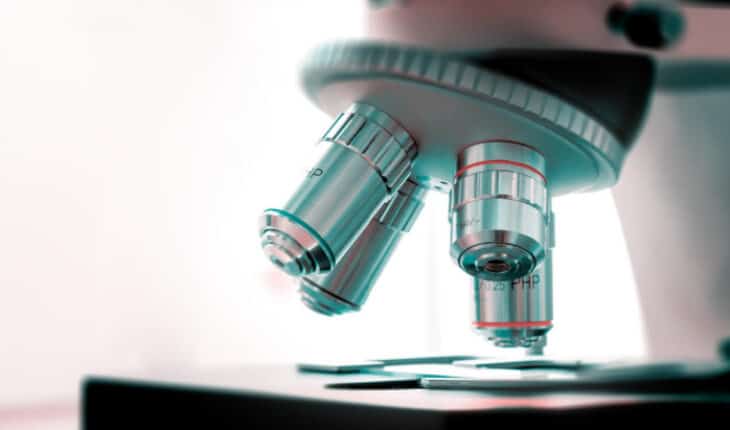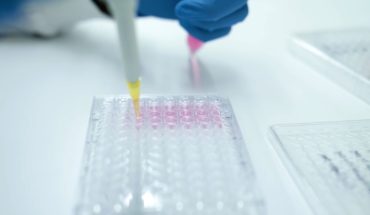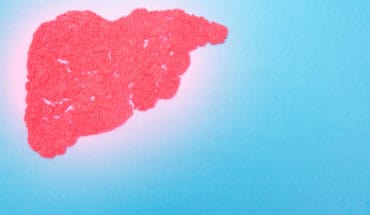Biochemical synthesis discovery could unlock new drug development breakthroughs. A mystery about how a chemical compound found in nature could be synthesised in the lab may have been solved, scientists say – a breakthrough which could unlock new developments in medicine.
Scientists from universities and research institutions in Scotland and Germany are behind the discovery, published in the journal Nature Chemistry. The paper shows for the first time how three proteins are key to the production of alkaloid compounds called crocagins.
Alkaloids derived from natural sources have given us a wide range of vitally important medicines – morphine is perhaps the most famous example.
Pyrroloindolines are alkaloids that are produced naturally by some types of bacteria, fungi and plants, as well as the skin secretions of some types of frogs. Previous research has suggested that they have powerful bioactive properties, which could make them useful as antibiotics, antivirals, and even cancer treatments.
The work could pave the way for researchers to use the crocagin ‘scaffold’ – the molecules’ core structure – as a starting point to search for new medicines based on the core structure of pyrroloindolines.
Crocagins are produced from a peptide that has been made by the ribosome, the same way most proteins in cells are made, and this peptide then gets modified by specialized enzymes.
These types of natural products, called ribosomally synthesized and post-translationally modified peptides (RiPPs), are increasingly valuable to researchers in applications including medicine and biotechnology.
Advances in gene sequencing and editing have made it possible to engineer RiPPs to safely harness their unique properties for new developments across a range of industries.
In the paper, the researchers describe how they unravelled the biochemical pathway that produces crocagins and showed how the core structure of the alkaloid crocagin can be synthesized from a precursor peptide, CgnA, by three enzymes, CgnB, CgnC and CgnE in one step.
They also used bioinformatic analysis techniques to find the genetic blueprints to make similar molecules in other bacteria.
Professor Jesko Koehnke, of the University of Glasgow’s School of Chemistry, led the research and is the paper’s corresponding author.
He said: “It is very exciting to discover how we can turn a peptide into this kind of alkaloid, using the natural tools that evolution has provided, especially because it opens up the possibility of finding related molecules with bioactivities that could be useful in new applications.
“Pyrroloindolines are also not easy to synthesize in the lab, and hopefully our insights are going to contribute to different ways of making these molecules.
“This is an exciting discovery, and one that was several years in the making as we worked to learn more about the biochemical pathway involved in the process. It would not have been possible to decipher this pathway without my brilliant collaborators in the UK and Germany.
“We’ll continue to explore molecules related to crocagins that likely share the same core structure. We’re looking forward to seeing how other researchers build on the intriguing possibilities we’ve uncovered in this paper.”
Researchers from the Universities of Glasgow and St Andrews in the UK and the Helmholtz Institute for Pharmaceutical Research Saarland (HIPS), Saarland University, the Center for Bioinformatics and the German Centre for Infection Research (DZIF), Partner Site Hannover-Braunschweig, in Germany contributed to the paper.
The paper, titled ‘Unusual Peptide-Binding Proteins Guide Pyrroloindoline Alkaloid Formation in Crocagin Biosynthesis’, is published in Nature Chemistry and is available at https://www.nature.com/articles/s41557-023-01153-w
The research was supported by funding from the European Research Council.
- Combination of drugs could prevent thousands of heart attacks - 21st April 2025
- UQ Study Links Poor Teen Diets to Heavy Social Media Use - 21st April 2025
- Gut microbiome could delay onset of type 1 diabetes - 3rd April 2025






